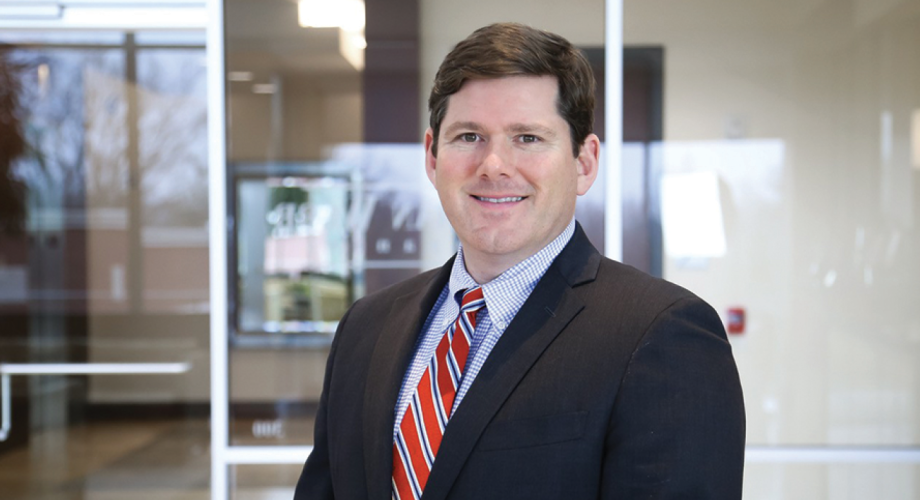Nashville has seen remarkable growth and prosperity in recent years. However, alongside its rise, the city has struggled with an increasingly pressing issue: Affordable housing.
As housing costs soar and income inequality widens, accessible housing options have become a paramount concern. In response, Nashville, Tenn.-based Freeman Webb Company began the Davis Housing Initiative, named in honor of former Freeman Webb COO Kirby Davis, who retired in 2023.
The Davis Housing Initiative emerged from an initial collaborative effort between the city and housing partners to address homelessness and housing insecurity. Originating from the Metro homelessness commission, the initiative aimed to harness the power of public-private partnerships to provide housing solutions for the vulnerable populations in Nashville. Initially modeled after programs from other cities like Denver, the initiative has faced challenges in its implementation due to capacity constraints and fragmented services.
Accordingly, the Nashville Study of Homelessness and Affordable Housing from May 2022 noted that the Nashville Continuum of Care (CoC) Homeless Planning Council “is not organized for effective governance.” CoC Permanent Supportive Housing sites require “high barriers” to housing, such as sobriety or unemployment. It lacks effective, housing-first supportive services as well as state partnerships.
Freeman Webb Company has continued its work on the affordable housing initiative, restructuring processes and expanding its reach. Hundreds experiencing homelessness or housing instability have been provided safe and supportive housing options. The program prioritizes comprehensive support services for successful transitions to stable housing. This is done through collaborative partnerships with other nonprofits in the field to ensure case management can be provided.
The best way to effect change is to decrease expenses. And instead of cutting services to those that need them, invest in services that make the need for those services less vital. This viewpoint challenges the conventional approach to homelessness, advocating for investments in preventative measures rather than solely addressing its symptoms. By investing in supportive services, communities can reduce the need for expensive emergency services and create a more sustainable solution to housing insecurity.
One of the key aspects of the Davis Housing Initiative is its emphasis on social responsibility among stakeholders. While there may not be direct financial incentives for housing providers to participate, there exists a moral imperative to contribute to the well-being of the community.
The success of the Davis Housing Initiative further reminds the industry of the importance of collaborative efforts and innovative approaches to tackle complex societal problems. By mobilizing resources and fostering partnerships, Nashville has made significant strides in reducing homelessness and providing affordable housing options for its residents. However, there remains much work to be done to ensure that housing remains accessible for all members of the community. By extending services beyond city limits and investing in rapid rehousing programs, Nashville has demonstrated its commitment to addressing homelessness on a regional scale. Nevertheless, structural hurdles and funding limitations persist, necessitating continued advocacy and collaboration at all levels of government.
Affordable housing transcends municipal boundaries, requiring a coordinated response from state and local governments. Initiatives like the Barnes Housing Fund and strategic investments in transportation infrastructure are critical steps toward building a more equitable and inclusive city.
Metro Nashville needs investment dollars and additional construction for more long-term housing. Many dedicated professionals, especially those considered essential workers during the pandemic, settled for more affordable housing options outside the metro area. This creates a one-way relationship where those serving the community cannot themselves be supported by it. It is imperative that communities address this issue and prioritize the housing needs of all residents, including those who contribute significantly to our communities’ well-being.
Though improving, Nashville’s journey toward affordable housing and decreasing homelessness, is not without obstacles.
Nimbyism (Not In My Backyard) poses a significant challenge to efforts to increase housing density and expand affordable housing options. Overcoming entrenched opposition to zoning reforms and land-use planning requires strong leadership and community engagement. It is imperative that policymakers prioritize the needs of all residents, over solely considering the financial benefits.
In recognizing the widespread nature of homelessness as a national issue, it becomes evident that cities like Denver, Houston, Boston and many others face similar challenges. To effectively address these matters, a targeted approach must prioritize assistance for the chronically homeless, offering comprehensive services ranging from mental and physical health support to sobriety assistance and transitional housing programs. However, the solution cannot solely rest on the efforts of local governments or specific organizations. Entire communities, particularly those with the capacity to do so, must actively engage and collaborate to make meaningful and lasting progress. By fostering a collective commitment to address homelessness at its core, the industry can build more resilient and inclusive societies where every individual has the opportunity to thrive.
Bob Freeman is the President of Freeman Webb Company.
